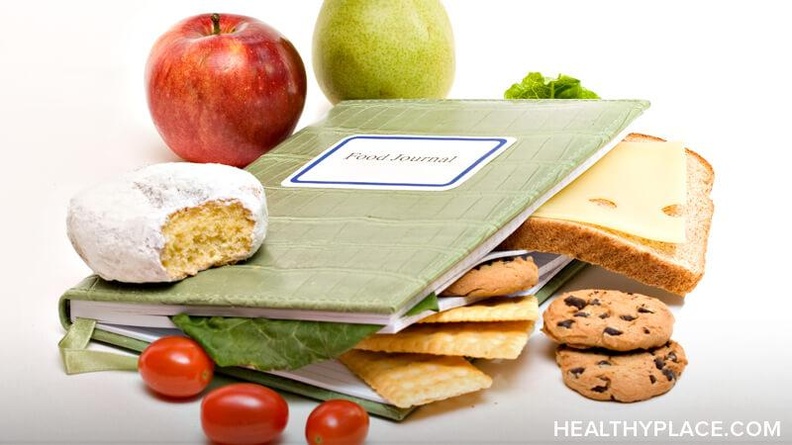How Trying New Food Helped My Eating Disorder Recovery

Trying new foods and eating disorder recovery went hand and hand for me. For years, my eating disorder had me believing that there were only a handful of foods that were good and the rest I needed to avoid like the plague or I'd gain weight. However, this thinking was holding back my recovery.
Trying New Foods in Eating Disorder Recovery Stopped My Food Fear
When my bulimia was at its worst, there were only a few foods I felt comfortable eating: gluten-free toast, light cheese, protein supplements, and plain salad. That's it. Those were the only foods that I considered safe.
The problem with this mentality is probably obvious: by limiting my food intake so severely, not only was I nutritionally compromised, but I was gearing up for a binge on all the sugar, high-fat foods that would provide the easy energy foods my system craved. This was indicative of the cycle of bulimia as I came to know it: starve, binge, purge, remorse, repeat.
The cycle ended when I started introducing new foods into my diet. It was a desperate leap of faith at first, and I made it work with the assurances of a registered nutritionist. I added foods like coconut oil and avocado to meals, which was difficult because I, like many others, thought of fat as something that was bad even though I logically knew there were healthy fats.
I also began to eat more fresh fruit, which I'd always thought was too high in sugar. Again, my rational mind knew that there was a huge difference between natural sugars and processed sugars, but I could not believe in this logic. Eating disorders are not logical diseases, after all.
Slowly Add New Foods to Your Diet in Eating Disorder Recovery
I didn't add dozens of new types of food at once. I began with a few additions every week and all of the additions were standard, healthy foods. However, eventually, when I saw that the addition of new foods made me feel mentally and physically better, I began to incorporate more and more foods into my diet--and some of the foods weren't health foods. Admittedly, they weren't exactly junk foods either.
I began enjoying some natural black licorice on occasion, as well as some Medjool dates and some dark chocolate. I remember breaking off a couple of squares of dark chocolate to have with my tea one night and marveling at myself and how far I'd come. I was eating chocolate and I wasn't feeling guilty. I couldn't believe it.
It took years to get to where I am now. Last weekend, my firstborn turned 10 years old and I had a slice of his double chocolate birthday cake and a huge scoop of frozen yogurt. I don't even eat cake on my own birthday, so it was a major milestone for me. I was amazed to feel no remorse about the treat. I did, however, feel some sorrow that time was passing too quickly and I'd wasted so much time worrying about things that didn't matter.
I may not always eat cake at my children's' birthdays--I have four kids and believe in respecting the way I am feeling in the moment. Still, if I do feel like indulging in different foods, it's nice to know that these days it's less of a challenge and more of a pleasure.
Was adding new foods to your diet part of your eating disorder recovery? Share your experiences in the comments.
APA Reference
Ghadery, H.
(2020, June 16). How Trying New Food Helped My Eating Disorder Recovery, HealthyPlace. Retrieved
on 2026, March 5 from https://www.healthyplace.com/blogs/survivinged/2020/6/how-trying-new-food-helped-my-eating-disorder-recovery